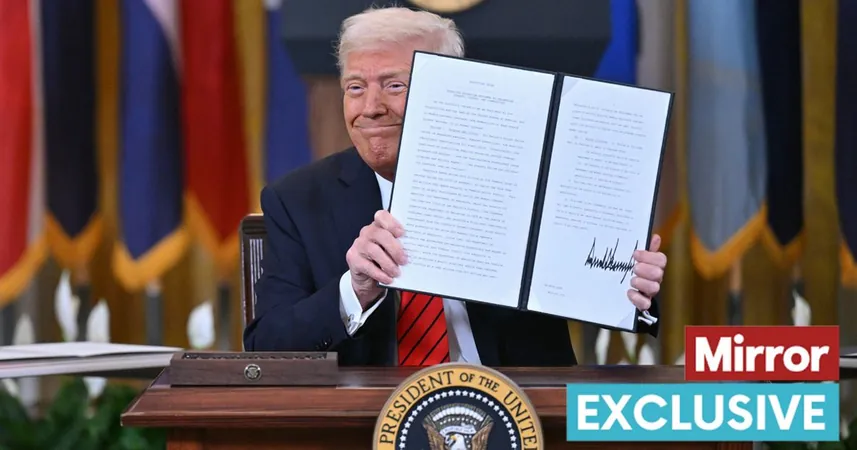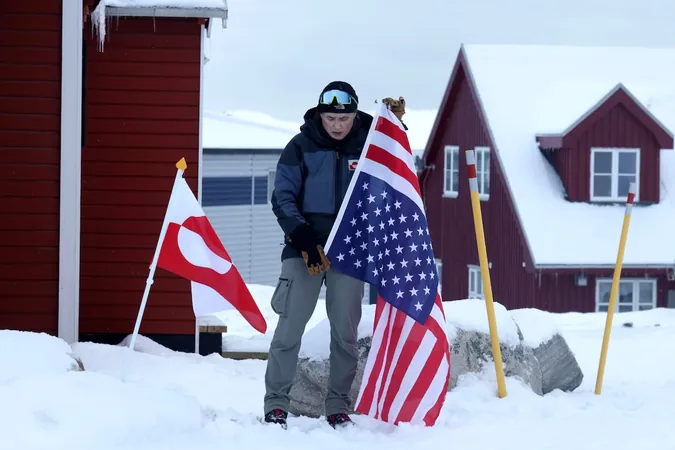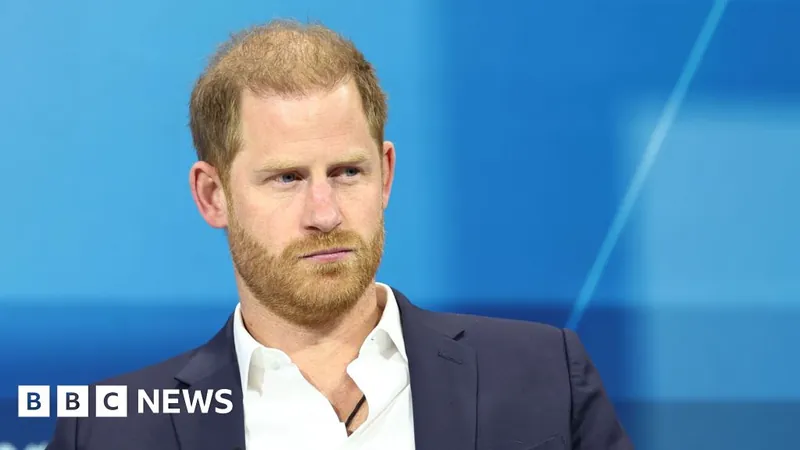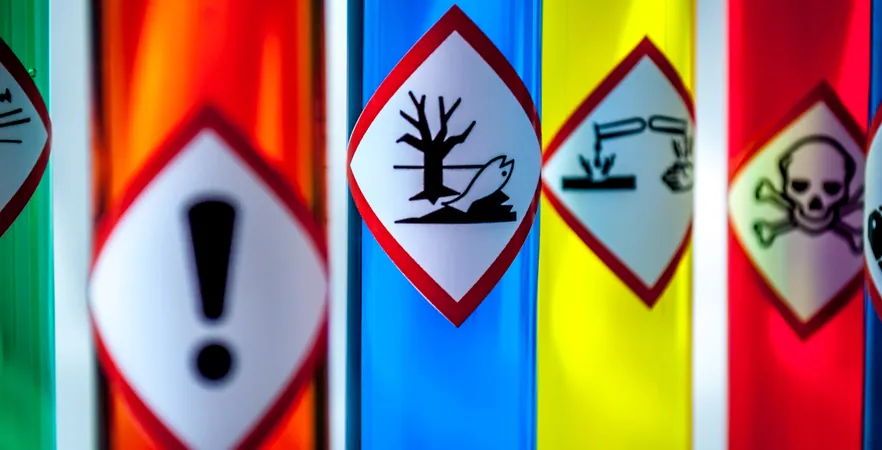
Legal Expert Says Trump Skirts Accountability Thanks to Presidential Power
2025-03-24
Author: Emily
Legal Expert Says Trump Skirts Accountability Thanks to Presidential Power
In a shocking analysis, a law professor from the University of Houston asserts that President Donald Trump may evade significant legal repercussions for violating a court order issued earlier this month, which mandated the return of hundreds of deported migrants to the United States. Professor Emily Berman indicated that the judicial system lacks the enforcement capability that the executive branch wields, particularly in the case of an unyielding president.
“Ultimately, courts do not have an army, but the President does,” Berman stated, highlighting the imbalance of power between the branches of government. Although courts have mechanisms to compel compliance, such as contempt charges and potential fines, these tools may prove ineffective against Trump and supporters of his administration.
This situation escalated dramatically on March 15 when Trump used the Alien Enemies Act, a law dating back to 1798, to authorize the deportation of hundreds of Venezuelan migrants, whom his administration linked to criminal activities. Judge James Boesberg quickly responded with a court order demanding that the deported individuals be returned to the U.S. However, the defiance of the order saw planes continue their missions, signalling a stark disregard for judicial authority.
The implications of this disregard could be far-reaching. Professor Berman warned that if the president can freely ignore judicial rulings, it sets a troubling precedent for future abuses of power. In a bold move, Trump even suggested impeachment proceedings against Judge Boesberg via his social media platform, a gesture that was publicly criticized by Chief Justice John Roberts.
Furthermore, the Trump administration's aggressive stance was exemplified by its pursuit to deport Mahmoud Khalil, a legal permanent resident and Columbia University graduate, who faces allegations of spreading anti-Israel sentiments during protests. Khalil was arrested despite being entitled to due process, raising significant concerns about civil liberties and governmental overreach.
Legislators and legal experts are increasingly alarmed. “If the executive can simply make unverified claims and proceed with deportations, it endangers the foundational principles of our democracy,” Berman remarked. She added that had it not been for the intervention of US District Judge Jesse M. Furman, Khalil’s deportation might have gone unchallenged.
As Trump continues to navigate potential legal challenges, he is expected to bring future cases before the Supreme Court, which is currently dominated by a conservative majority. This could lead to a reshaping of legal interpretations concerning presidential power, particularly if they are tempted to validate Trump’s most contentious executive maneuvers, such as attempts to alter birthright citizenship policies.
While the prospect of a third presidential candidacy remains unconstitutional, Trump has hinted at such ambitions, raising questions about how far he might push the limits of his authority. The role of the Supreme Court in this unfolding drama will be pivotal, potentially allowing for significant shifts in the interpretation of constitutional law that could favor the executive branch.
As the nation watches, it remains to be seen whether mechanisms designed to curtail presidential overreach will hold firm, or if an unchecked president will redefine America's legal landscape in ways that could have long-lasting implications for governance and civil rights.









 Brasil (PT)
Brasil (PT)
 Canada (EN)
Canada (EN)
 Chile (ES)
Chile (ES)
 Česko (CS)
Česko (CS)
 대한민국 (KO)
대한민국 (KO)
 España (ES)
España (ES)
 France (FR)
France (FR)
 Hong Kong (EN)
Hong Kong (EN)
 Italia (IT)
Italia (IT)
 日本 (JA)
日本 (JA)
 Magyarország (HU)
Magyarország (HU)
 Norge (NO)
Norge (NO)
 Polska (PL)
Polska (PL)
 Schweiz (DE)
Schweiz (DE)
 Singapore (EN)
Singapore (EN)
 Sverige (SV)
Sverige (SV)
 Suomi (FI)
Suomi (FI)
 Türkiye (TR)
Türkiye (TR)
 الإمارات العربية المتحدة (AR)
الإمارات العربية المتحدة (AR)